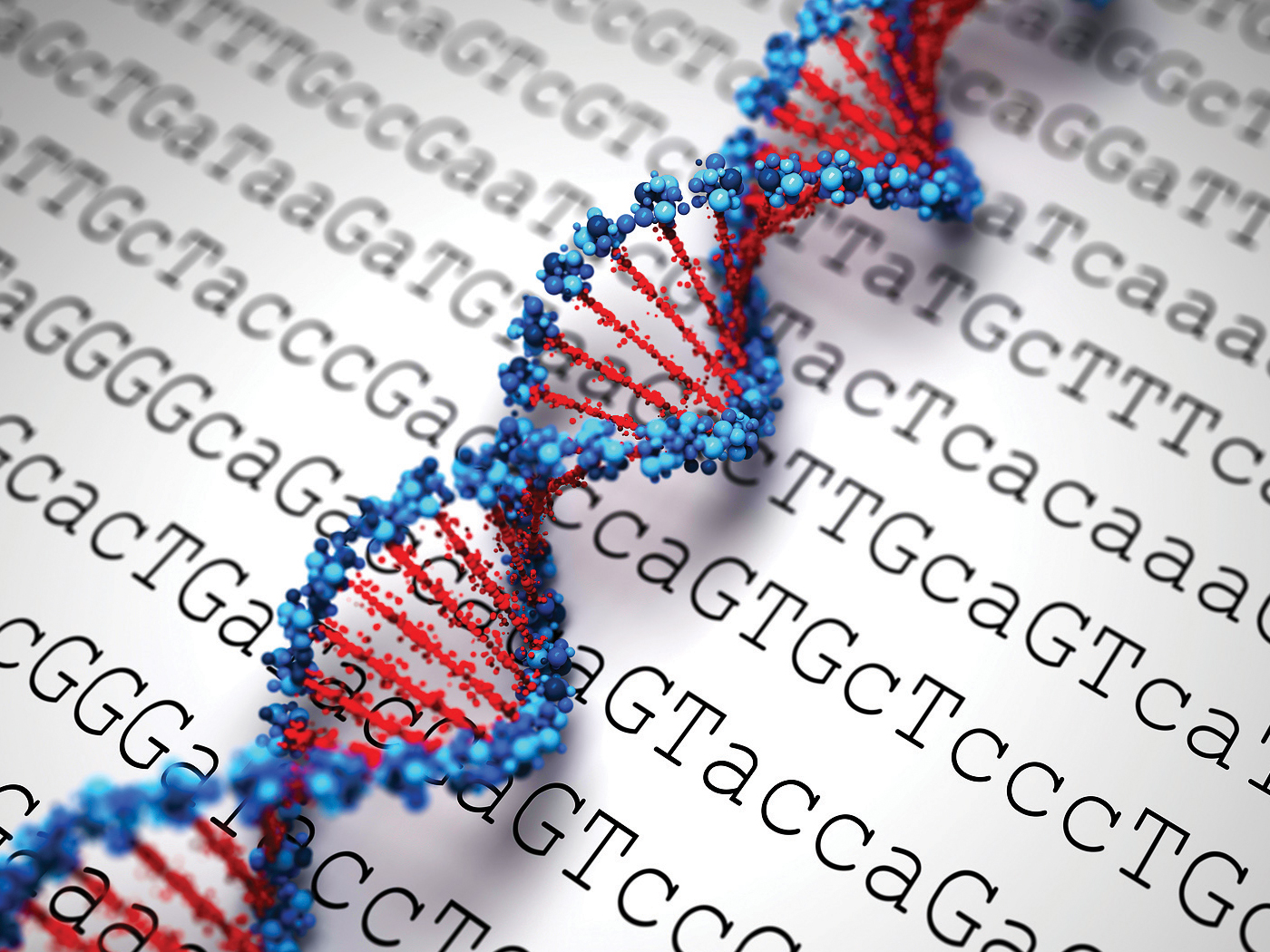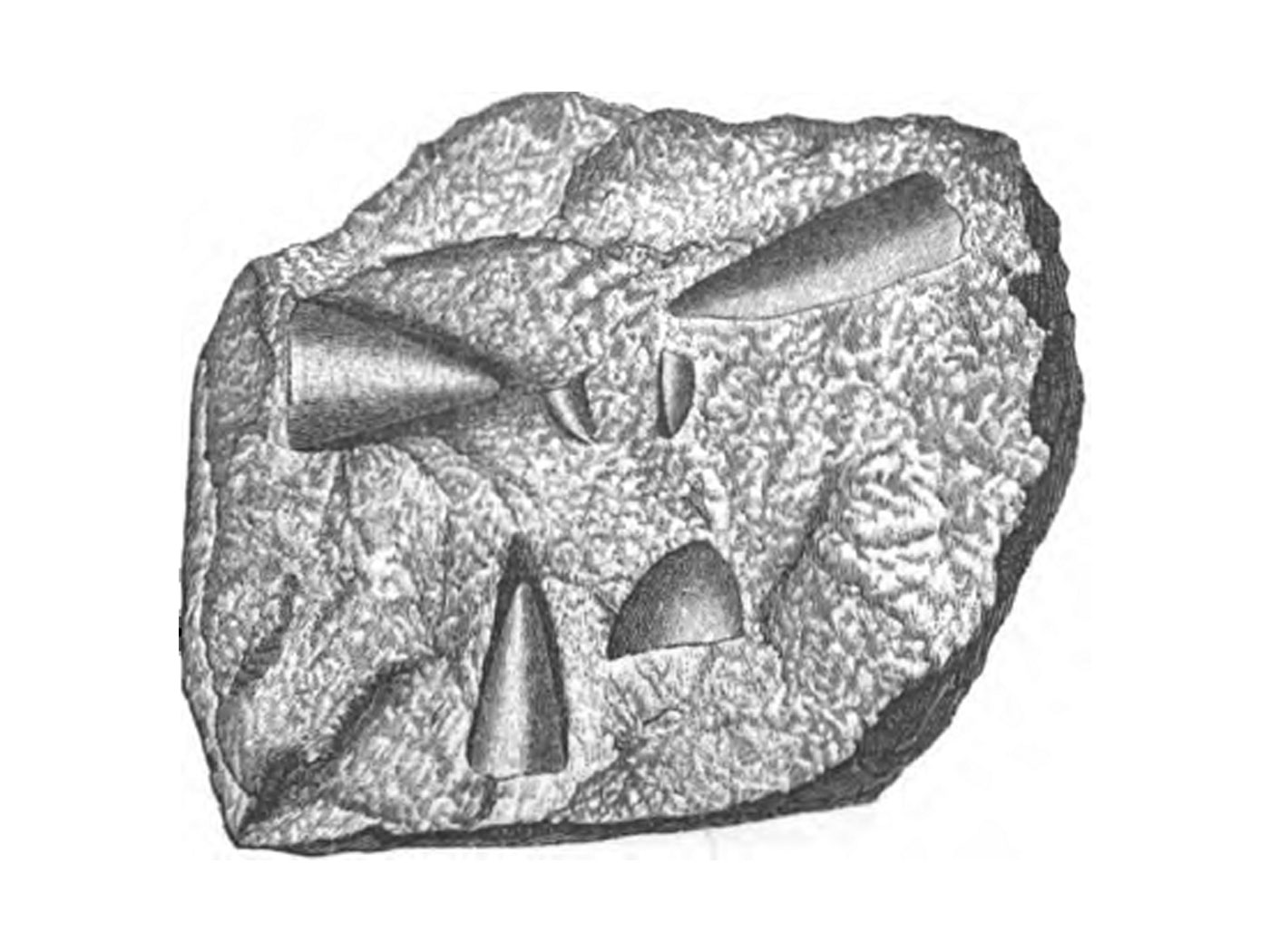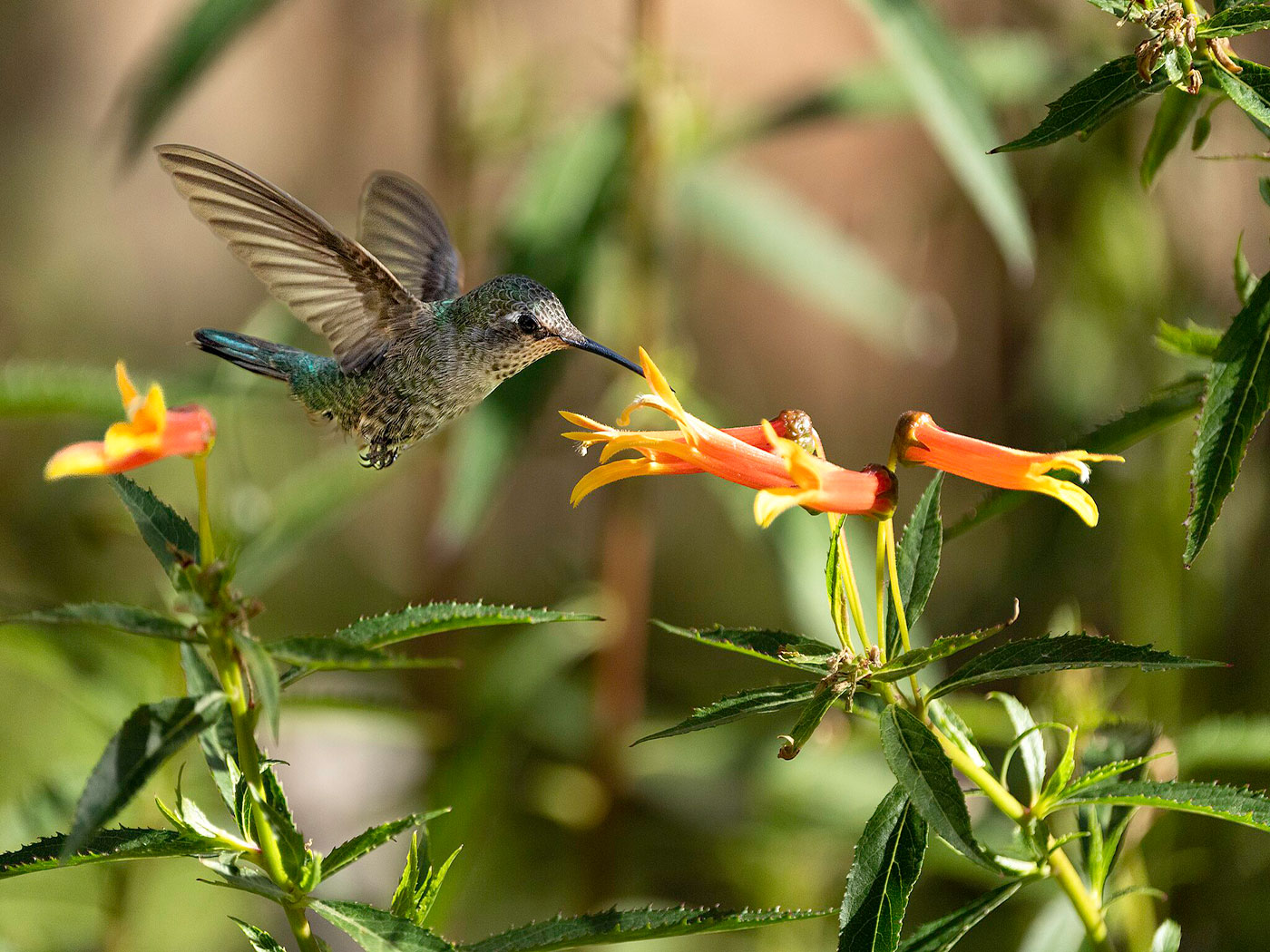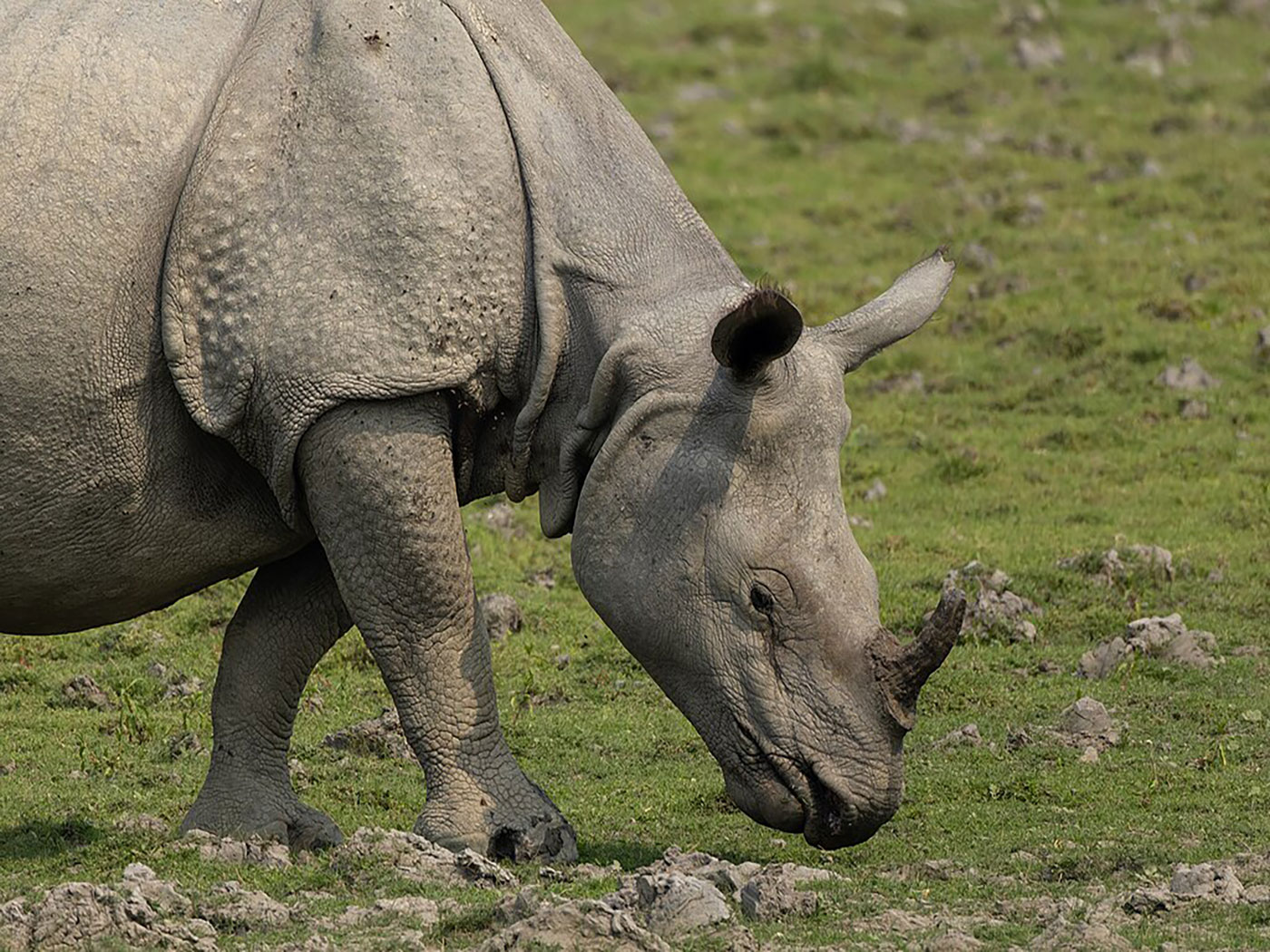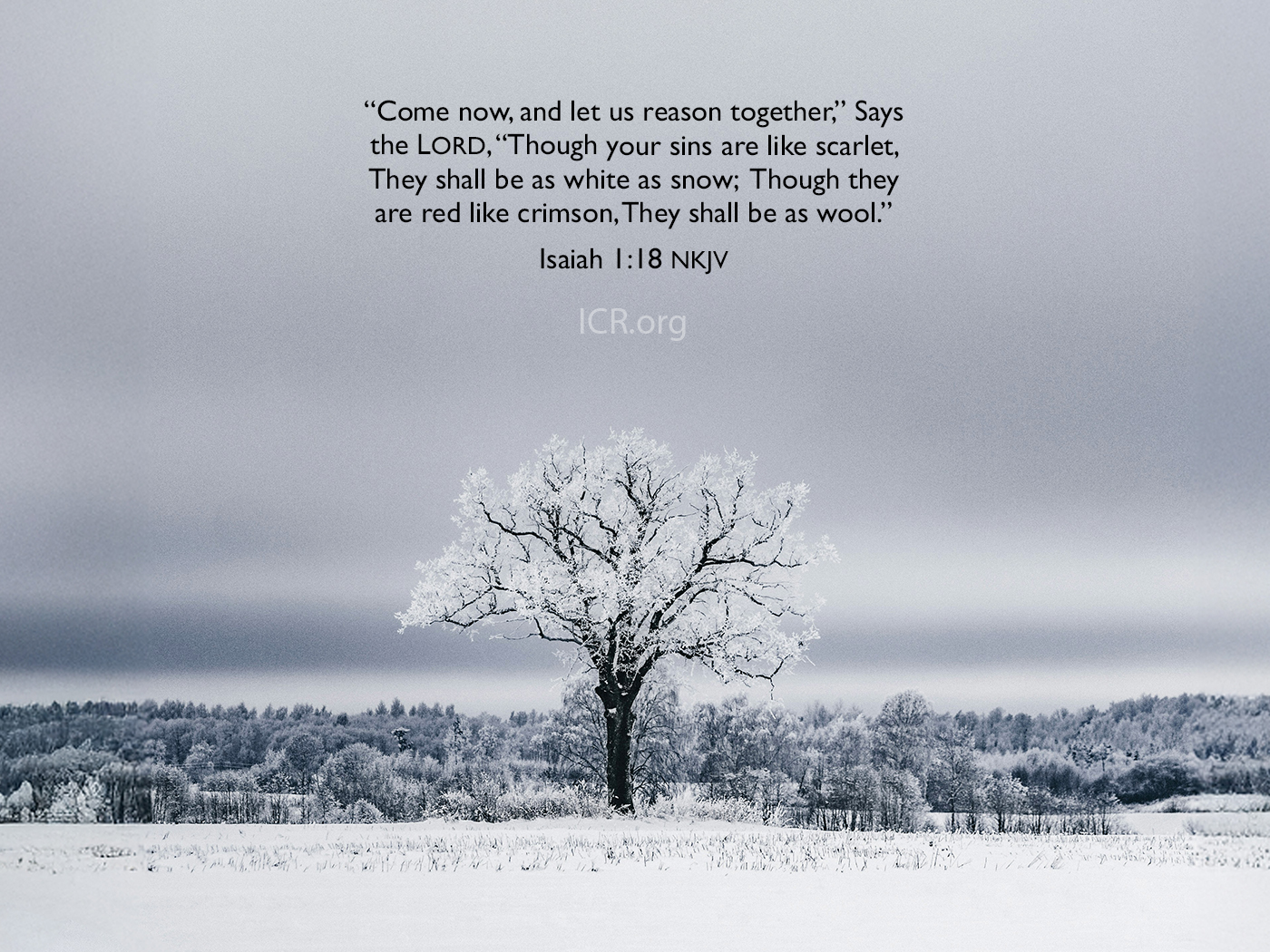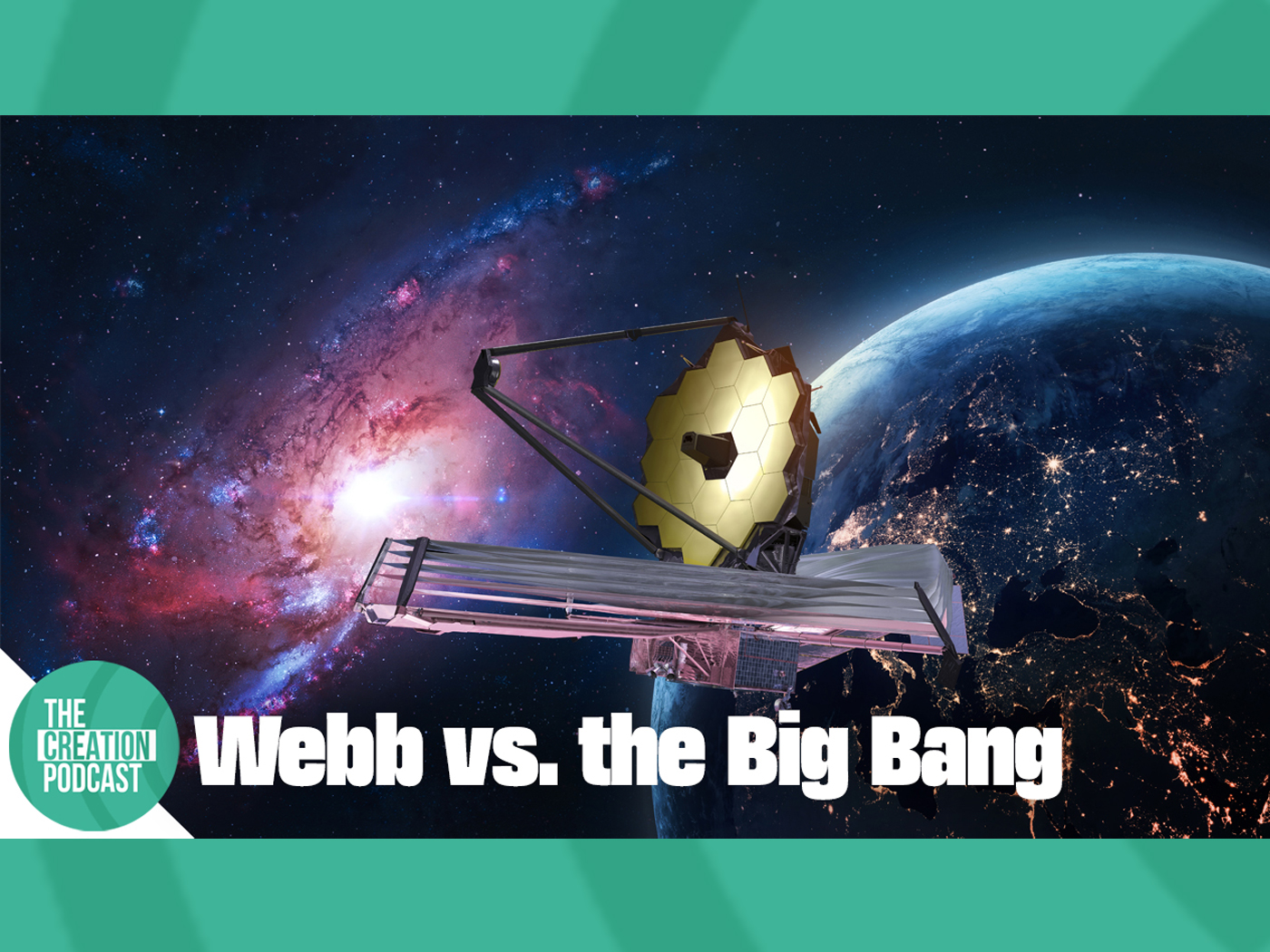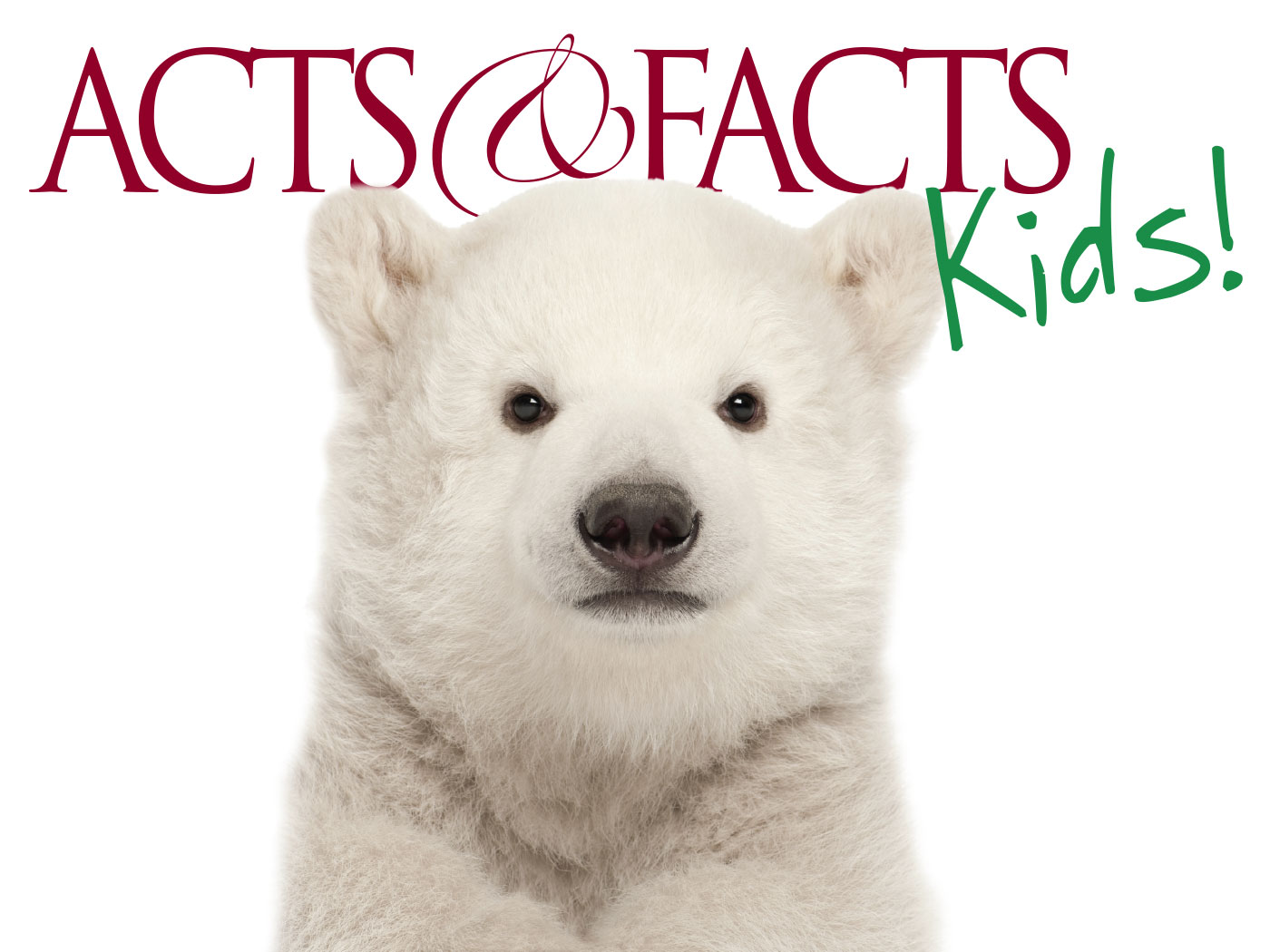How do species change? According to Darwinists, physical differences result from the accumulation of small changes over many generations. But observations—like a recent report of steelhead salmon that changed in one generation—show that dramatic trait changes happen fast. What does that mean for the evolutionary concept of the way species develop?
While observing the migrating salmon population that inhabits Oregon's Hood River, an Oregon-based team of researchers built detailed family trees of multiple fish generations. They used genetic fingerprinting to discover that after just one generation, fish that had been transported to hatchery ponds produced more offspring than their wild counterparts. However, the pond-bred fish didn't fare very well when they were placed back in the wild.
The authors, publishing in the Proceedings of the National Academy of Sciences, wrote:
We have demonstrated rapid adaptation to captivity in a steelhead population….However, the trait values associated with success in the captive environment are detrimental in the wild, resulting in low reproductive success in the wild by fish from families that were successful in captivity.1
Thus, the fishes' rapid success in the breeding pond came at the expense of their fitness in the wild, as measured by numbers of offspring produced.
How do these observations compare with various ideas about how species change? The authors correctly identified how traditional ideas of natural selection over many generations could be verified: If the "rapid fitness decline" that the fish experienced after adapting to the hatchery was the result of either a very high mutation load or of "many generations in captivity," then natural selection could presumably explain the changes.1
But these fish only needed one generation to experience dramatic changes.
Moreover, the changes, which the study authors wrote were "possibly correlated," occurred in multiple traits at once.1 And the evolutionary idea of random-based biological changes does not fit with such correlated changes.
So, since the salmon evidence refutes typical evolutionary explanations for such changes, then what does explain them best? The study authors said that the changes were enabled by the genetics already within the fish: "The wild population contained the requisite genetic variation for rapid adaptation to captivity."1
This implies that the potential was not conferred on the organism by anything outside of it.
Confusingly, however, senior author and Oregon State University professor Michael Blouin told TheFishSite.com, "What this study shows is that intense evolutionary pressures in the hatchery rapidly select for fish that excel there, at the expense of their reproductive success in the wild."2
But the study never identified or measured any specific "evolutionary pressures," nor did it specify what entity did any selecting.
Instead of evolution selecting "fish that excel," perhaps biological mechanisms within the fish "selected" the best combination of genes for the next generation to most successfully survive and reproduce in its new hatchery environment. The resulting fish multiplied and filled the hatchery, but in the process lost some of the genetic information that enabled their forebears to better survive in the wild.
This salmon study, as well as many studies of other plants and animals, is consistent with the idea that designed genetic adaptability is responsible for changes within kinds.3 And that means that the credit for those changes belongs to the Creator who placed the genetic information within His created life.4
References
- Christie, M. R. et al. 2012. Genetic adaptation to captivity can occur in a single generation. Proceedings of the National Academy of Sciences. 109 (1): 238-242.
- Hatcheries Change Salmon Genetics. TheFishSite. Posted on thefishsite.com December 21, 2011, accessed January 9, 2012.
- As examples, species' adaptations have occurred surprisingly fast in stickleback fish, cichlid fish, snails, Great Eggfly butterflies, Heliconius butterflies, Hyposmocoma moths, orchids, yeast, horses, South American Sporophila birds, foxes, and hammerhead sharks.
- Guliuzza, R. 2011. Darwin's Sacred Imposter: Natural Selection's Idolatrous Trap. Acts & Facts. 40 (11): 12-15.
* Mr. Thomas is Science Writer at the Institute for Creation Research.
Article posted on January 17, 2012.




